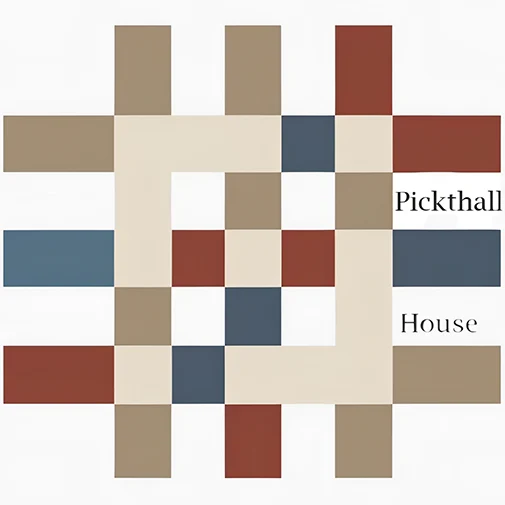Religious freedom is worth nothing if it does include the right to hold unpopular beliefs — including unpopular beliefs about gender and sexuality.
With the recent resignation of Scotland’s First Minister Humza Yousaf, leadership hopeful Kate Forbes has come under renewed scrutiny for her religious beliefs.
As a member of the traditionalist Free Church of Scotland, she believes that pre-martial sex is morally wrong and that same-sex marriages are not religiously valid. Yet she has also emphasised repeatedly that she does not seek to impose her moral principles on those who disagree.
Pickthall House suggests it is Ms Forbes’s critics who are, in fact, intolerant of difference. In a plural, multi-faith society, citizens will disagree about all matters of personal conduct. The distinguishing mark of a free country like Britain is that we are mature enough not to force our views on anyone else. If we start applying de facto religious tests to candidates for public office, we contradict the basic value of tolerance.
As veteran LGBT rights campaigner Peter Tatchell has observed, merely holding that a particular sexual act is morally wrong does not constitute discrimination. It is only a problem if a person allows their personal values to override their public responsibilities, and there is no reason to believe Ms Forbes would do this.
Ms Forbes’s critics claim that they do not object to her Christianity as such, but this is beside the point: a country that permits its citizens to hold any beliefs they wish about God while enforcing official orthodoxies regarding the human body is not a tolerant one.
No one should be forced to chose serving their country in public office and being true to their religious faith. Britain does not make windows into its subjects’ souls, so long as they respect a basic commitment to tolerance. Pickthall House believes it is time we stopped using the language of tolerance and equality to justify an aggressively intolerant campaign to drive traditional religious believers into silence.


